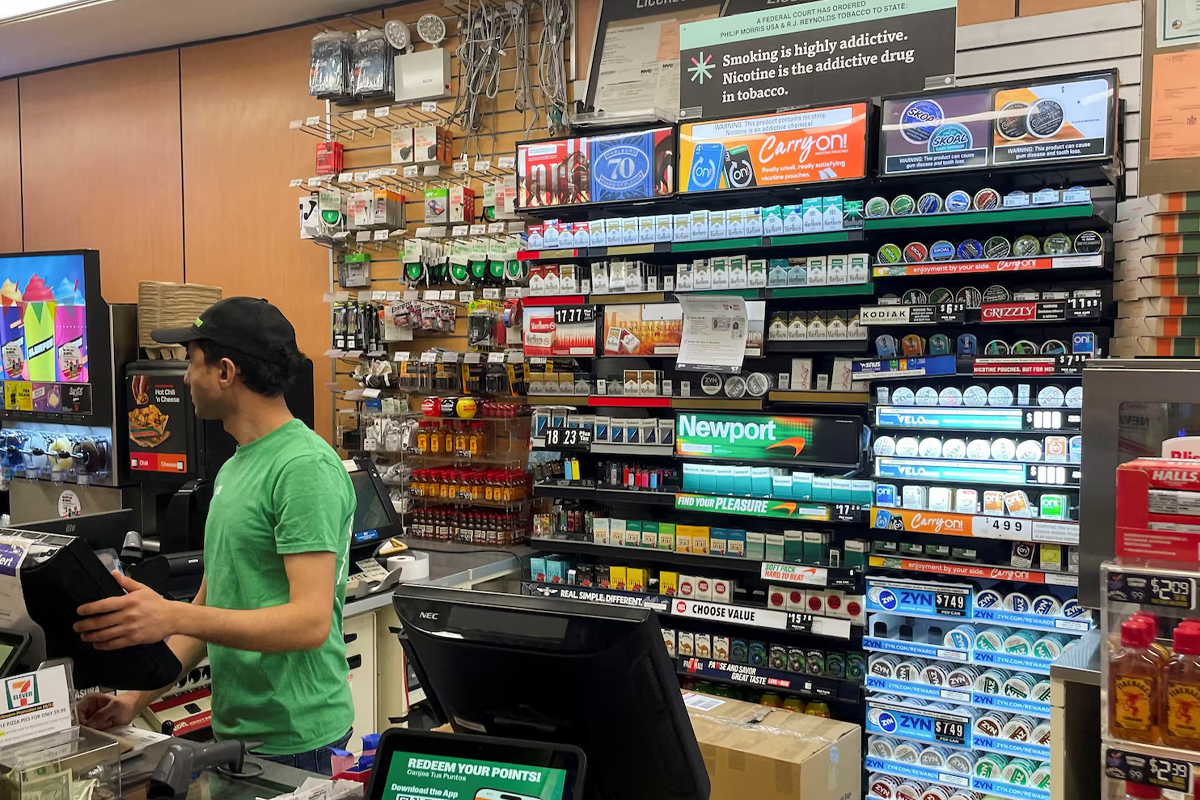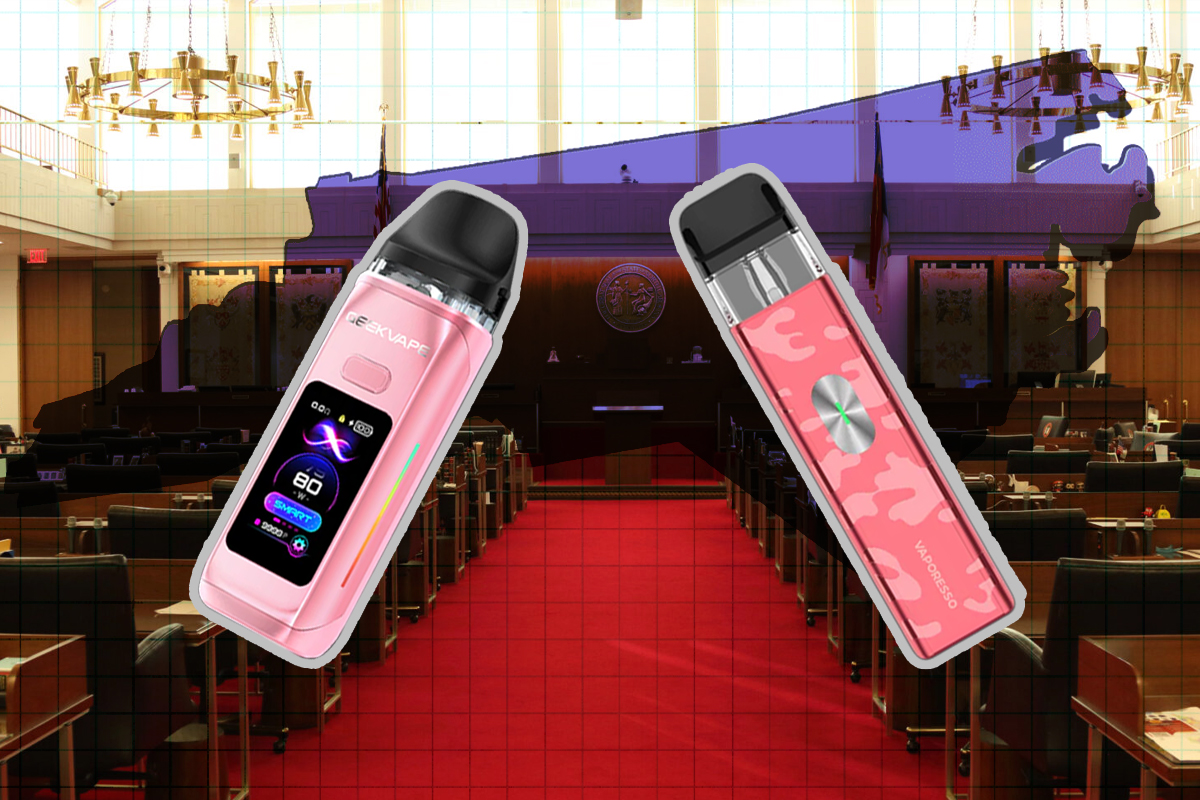A Digital Surveillance Initiative to Safeguard Public Health and Tax Revenue
In a bid to combat the escalating illicit vape trade, the Philippines’ Bureau of Internal Revenue (BIR) has announced the development of a digital track-and-trace system. This innovative approach will allow consumers and regulators to verify the authenticity of vape products and other excisable goods using quick-response (QR) codes that can be scanned via any smartphone.
The initiative comes as part of broader efforts to curb the smuggling and unregulated sale of vape products, which have become a growing concern for both public health and tax collection.
Addressing a Looming Challenge
BIR Commissioner Romeo Lumagui Jr. emphasized that the system aims to support both government enforcement efforts and law-abiding businesses. He highlighted that many small-scale wholesalers and retailers are unknowingly selling counterfeit or unregistered vape products, often under the impression that they are legal.
Lost Revenue and Public Health Risks
The BIR has estimated that billions of pesos in tax revenue are being lost due to illegal vape operations, a problem compounded by the difficulties in enforcement. Retailers have increasingly adopted tactics to conceal unregistered products from inspections, posing a significant challenge to regulatory authorities.
Lumagui also pointed out the rapid shift from traditional cigarettes to vape products, particularly among youth, which has further complicated the regulatory landscape.
“Vape is a relatively new industry. From 2022 onwards, we did not have any collection on vape… a lot of vape retailers really don’t know that it’s subject to excise tax,” he said.
A Multi-Pronged Strategy
The BIR is not only intensifying on-the-ground enforcement but is also seeking to foster citizen participation by opening new reporting channels and offering incentives to those who report illicit vape trade under the agency’s existing reward system.
Implications for Vape Consumers
The introduction of the QR code system is expected to increase transparency in the vape market, giving consumers easier access to verify the legitimacy of products. This could help reduce the prevalence of counterfeit and unregulated vape products, which are often associated with health risks and lack of safety standards.
As the system is rolled out, it remains to be seen how effectively it will be implemented and whether it will lead to measurable improvements in tax compliance and public safety.
For now, the BIR’s initiative marks a significant step in the government’s ongoing effort to regulate the fast-growing vape industry and protect both consumers and the national revenue.
Tags: Philippines






